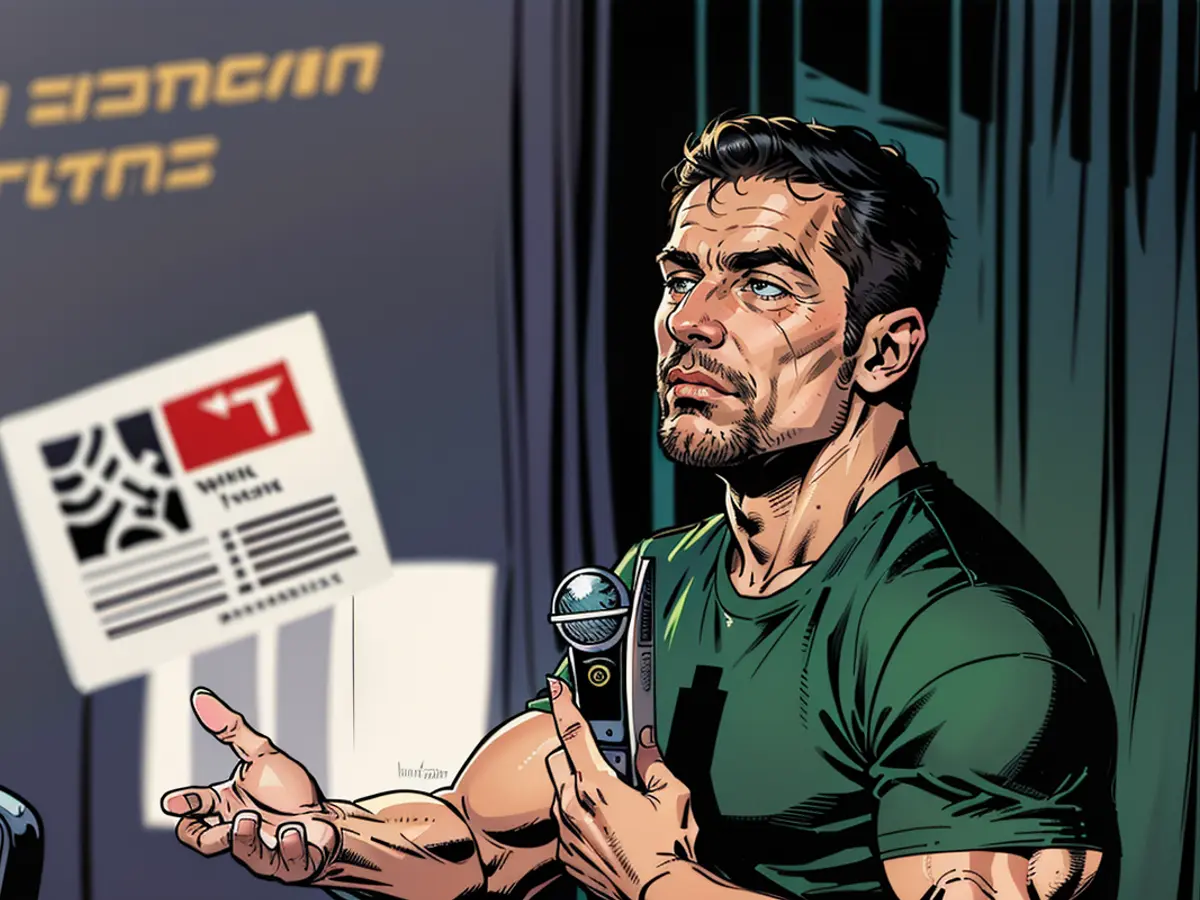Ukraine's leader enacts regulation prohibiting faith-based organizations linked to Russia.
President Volodymr Zelenksy signed a bill into law on Ukraine's Independence Day, prohibiting religious groups with ties to Russia. The main focus of this legislation is the Ukrainian Orthodox Church (UOC), which has historically been linked to the Russian Orthodox Church, or the Moscow Patriarchate.
Zelenksy mentioned the bill in his nightly address, remarking, "Ukrainian orthodoxy is taking a step towards freedom from Moscow's demons today."
This new law grants the UOC and other religious organizations nine months to sever ties with Russia or face closure by court order. The bill passed Ukraine's parliament on August 20, with 265 lawmakers in favor and 29 opposed.
Despite the UOC claiming to have disconnected from the Russian Orthodox Church in 2022, Ukraine's State Service for Ethnic Policy and Freedom of Conscience maintains that the connections remain strong, and the church remains within Moscow's sphere of influence.
Ukraine's Security Service of Ukraine (SBU) has accused the UOC of spreading pro-Moscow propaganda. Since the start of the full-scale invasion, the SBU has launched criminal investigations against over 100 UOC clergy members. Nearly 50 have been charged, and 26 have received sentences, according to the SBU.
One of the clerics sentenced used his sermons to defend the full-scale invasion of Russia and the seizure of Ukrainian territories. During conversations with parishioners, he encouraged them to travel to Russia or occupied regions to support the Russians. He was sentenced to five years.
Poturaiev, the Ukrainian parliament member who proposed the bill, described the Moscow Patriarchate as "an instrument of Russian influence and propaganda."
Poturaiev further stated, "The Moscow Patriarchate is not an inspiration, but a participant in the war."
The majority of Ukrainians are Orthodox, and for centuries, Ukrainian churches fell under the control of, and were administered by, the Moscow Patriarchate. However, Russia's 2014 annexation of Crimea led to a split among Ukraine's Orthodox churches. In 2019, Patriarch Bartholomew I of Constantinople officially recognized an independent Kyiv-based Orthodox Church of Ukraine.
For the head of Ukraine's Kyiv-based church, Metropolitan Epiphanius, the law provides an opportunity to "protect Ukraine's spiritual space from the yoke of the Russian world."
Metropolitan Epiphanius argued, "In Russia, religious centers, not just the Moscow Patriarchate, but also Muslim, Protestant, and Buddhist centers, are fully controlled by the Kremlin. They promote the ideology of the Russian world, justify the war against Ukraine, and label it a 'holy war.' The destruction of Ukraine is a morally justified goal and an obligation for Russian troops."
According to a KIIS survey conducted in April 2024, 83% of Ukrainians believed that the state should intervene in some way in the activities of the UOC. In particular, 63% want the Ukrainian Orthodox Church to be completely banned in Ukraine.
Metropolitan Clement, a spokesperson for the UOC, criticized the bill in a Facebook post, labeling it an attempt to "divide people into righteous and unrighteous citizens."
A 47-year-old parishioner at a UOC church in Kyiv commented, "Recent actions against my church are suffocating. The government is now encroaching upon my soul. It is my decision as to how I pray. They have gone completely mad."
Ihor, a Ukrainian officer, previously attended the UOC but has stopped going to church altogether.
Ihor admitted, "I don't think politics should interfere with religion, but there are many priests in the Ukrainian Orthodox Church who support Russia and the war in Ukraine. They must answer for their actions before God."
Kosta Gak contributed to the reporting.
Europe expresses concern over Ukraine's legislative actions against the Ukrainian Orthodox Church, viewing it as an escalation of religious tensions in the region. The world watches closely as the situation unfolds, with implications potentially reaching beyond Ukraine's borders.







